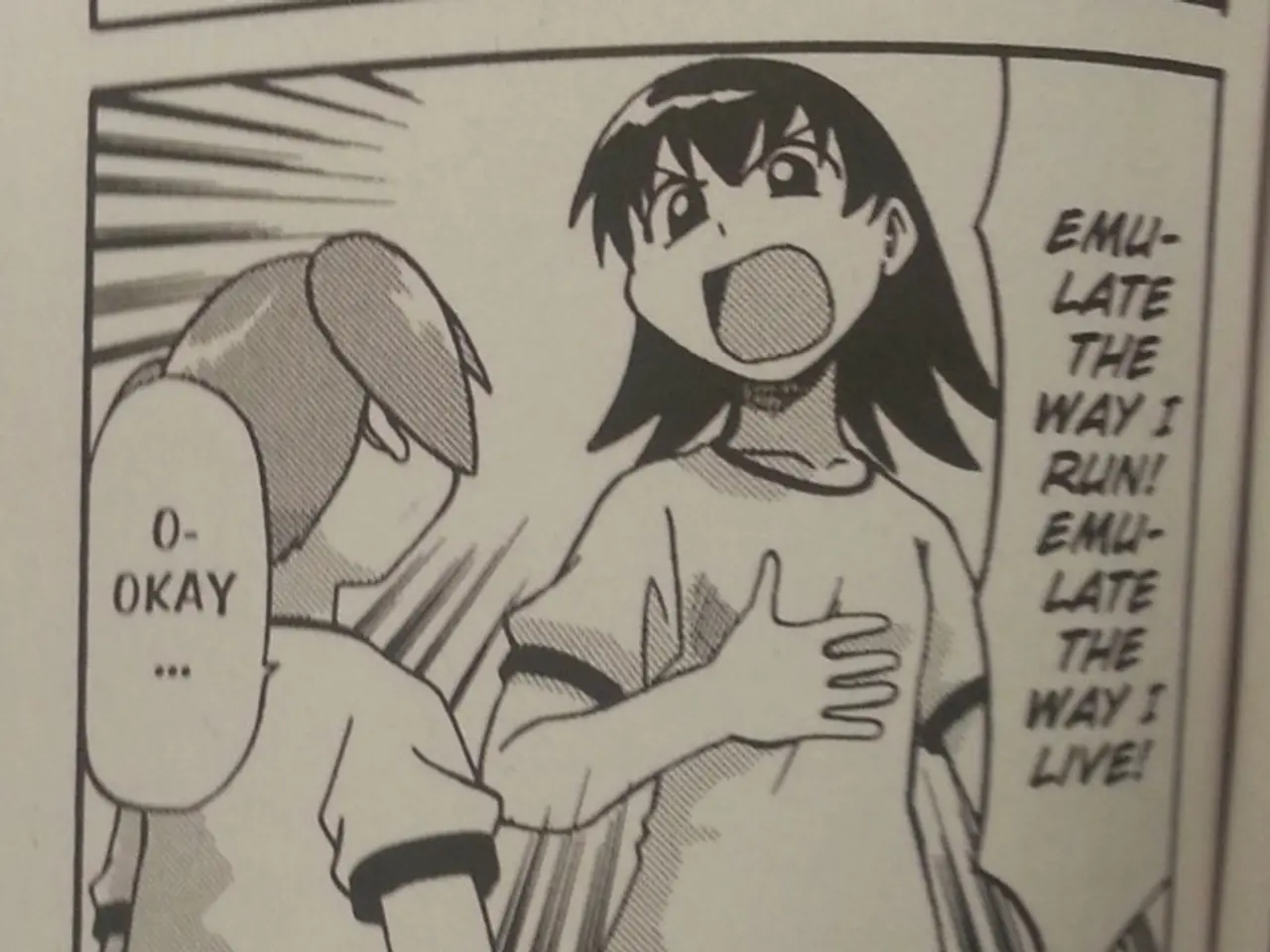Exploring Five Expressions of Affection: Nurturing Childhood Healing via Emotional Bonding
In the journey of healing from childhood trauma, understanding and nurturing relationships play a crucial role. The 5 Love Languages, a popular relationship framework, can provide a valuable tool for emotional repair and deeper connections.
Knowing Your Love Language empowers individuals to communicate their needs effectively, bridging emotional gaps and fostering empathy. By recognising and speaking the preferred love language, one can recreate positive, nurturing experiences often missing due to childhood trauma, thereby healing emotional wounds and strengthening bonds.
Words of Affirmation offer healing by replacing negative inner narratives from trauma with sincere, encouraging communication that builds self-worth. Acts of Service demonstrate care through actions, countering feelings of neglect or abandonment common in trauma by showing consistent support. Receiving Gifts can symbolise tangible care and attention, serving as reminders of being valued and cherished. Quality Time provides focused attention and presence, helping to rebuild trust and secure attachment often damaged in childhood. Physical Touch can restore comfort and safety when consensual and appropriate, addressing trauma-related deficits in physical affection.
The 5 Love Languages act as a "mirror" reflecting the unresolved childhood wounds influencing adult relationship needs. Healing those wounds by receiving love in the preferred language reduces the constant “chasing” of love and improves emotional stability and relational closeness.
Fostering intimacy is key in this process. Fostering Intimacy through quality time allows for deeper conversations and emotional connection. Undivided attention during quality time shows that you're present and invested in the relationship, strengthening bonds and trust. Supportive actions can boost marital satisfaction, while shared responsibilities can close the gap of old power imbalances, leading to mutual respect and equality.
Deep listening and validation can bring healing to those wounded by judgments and neglect. Positive affirmations can act as a shield against stress and promote problem-solving for those dealing with past traumas.
However, healing is not a solo journey. Seek Professional Support from therapists who can guide you through exploring traumas and new healing strategies. Unhealthy attachments or avoidance patterns in adult relationships can be traced back to early experiences. Observing and meeting others' needs fosters empathy and dialogue.
By intentionally using the 5 Love Languages in relationships, one can build healthier attachment patterns and create a sense of belonging and safety essential for healing. This approach helps deepen meaningful connections with partners, family, and friends, promoting a healthier, more fulfilling life.
[1]: Reference 1 [3]: Reference 3 [5]: Reference 5
- Recognizing and using the 5 Love Languages can facilitate healing from childhood trauma by providing a tool for emotional repair and strengthening connections in relationships.
- Words of Affirmation, Acts of Service, Receiving Gifts, Quality Time, and Physical Touch are key components of the 5 Love Languages, each offering a unique means to communicate needs and foster emotional growth.
- Fostering intimacy through quality time and supportive actions, sharing responsibilities, deep listening, and validation can enhance marital satisfaction, improve emotional stability, and bolster trust in relationships.
- Seeking professional support from therapists is crucial in the healing process, as they can help individuals explore traumas and develop new healing strategies.
- By intentionally employing the 5 Love Languages in relationships, one can create a sense of belonging and safety, promoting a healthier, more fulfilling life, both in terms of personal growth and lifestyle, as well as education and self-development. [1][3][5]




